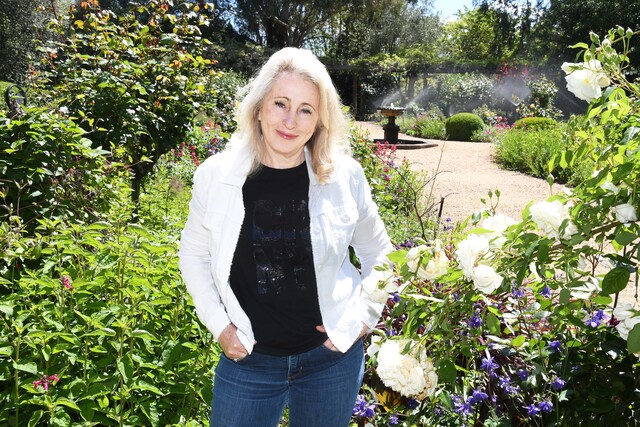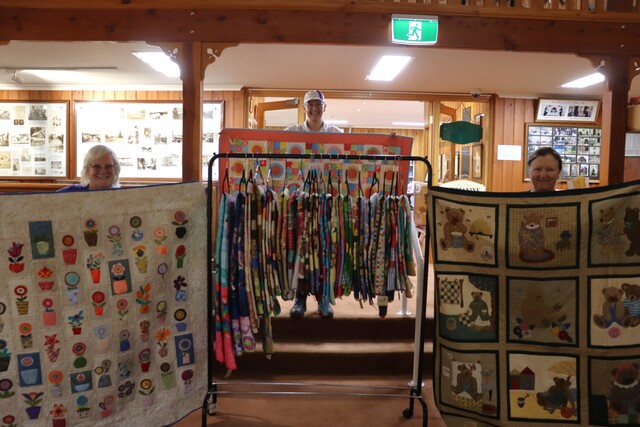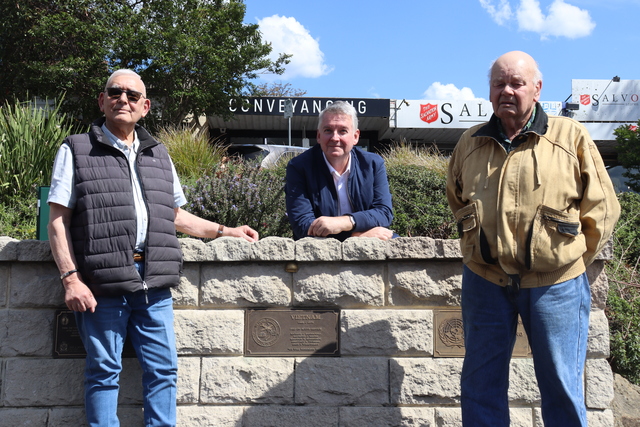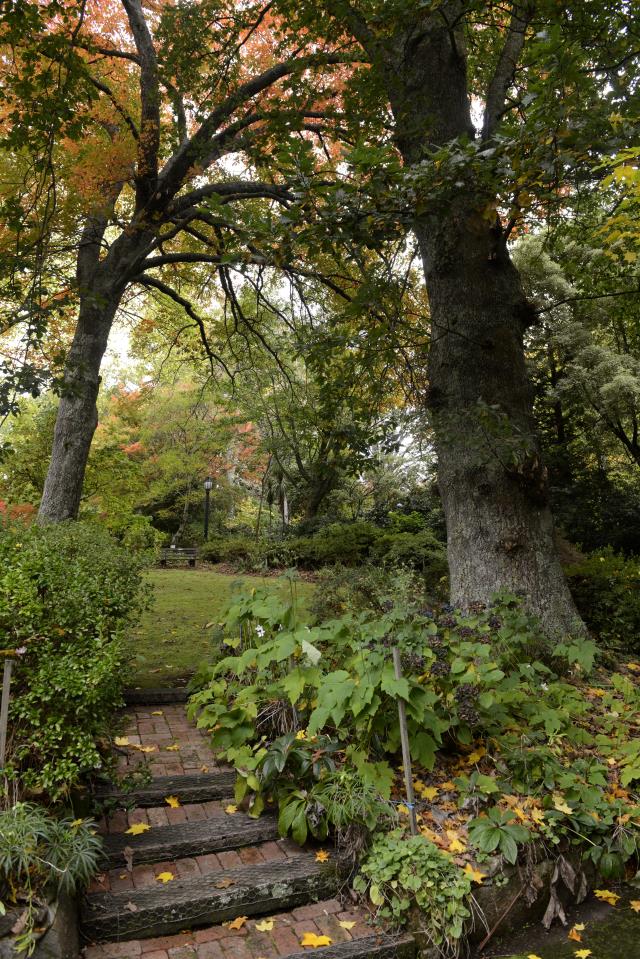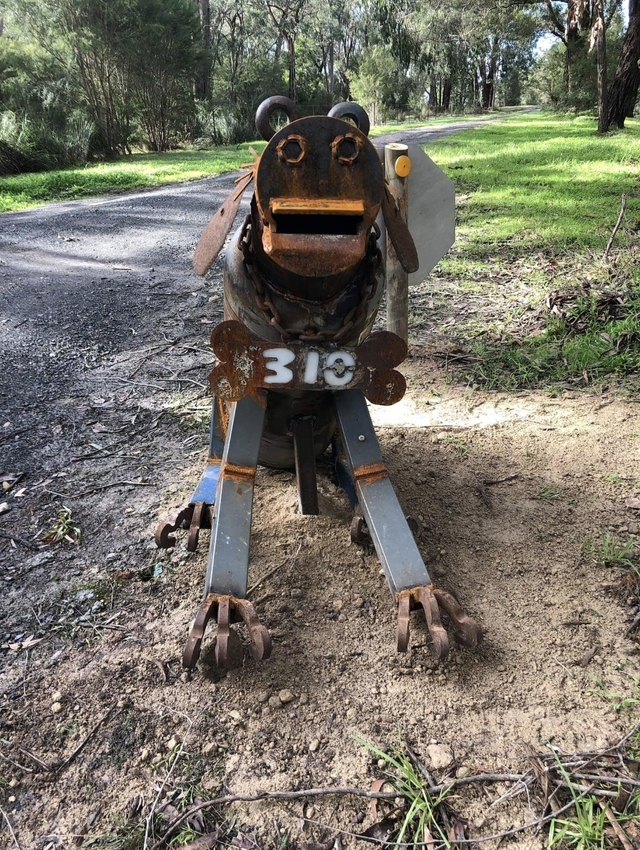Back in November last year, Healesville resident Elly Hanrahan met some of the world’s most important decision-makers at the 2022 United Nations Climate Change Conference (COP27) in Egypt.
Ms Hanrahan was there to submit her proposal for a Landscape Rehydration Strategy, having been awarded the six-month Global Voices Freya Phillips National Scholarship which aims to help link young people with key decision-makers.
Ms Hanrahan said it was a once-in-a-lifetime opportunity that she was very grateful for.
“For me, personally, it was a great opportunity to meet other Global Voices scholars for a start, other young people doing really incredible things. In the negotiations, there was so much infighting, and especially in regards to the energy crisis which really put a hold on things and a lot of countries couldn’t agree on some of the things they’d have liked to implement, ”she said.
Probably the highlight for me was getting an hour of Assistant Minister for Climate Change and Energy Jenny McAllister’s time, she was really interested in understanding a youth perspective on climate change issues, and in particular, how we could involve young people in COP31 in 2026.” she said.
At COP27, Australia and the Pacific Islands strengthened their push to host COP31, which would be the first Australia has ever hosted. Turkey stands as the main competitor for hosting rights.
Ms Hanrahan said one of the key things she took away from the conference was the wider interest in adopting nature-based solutions, like her rehydration strategy.
“The focus was on on-the-ground projects, which really work with nature instead of against nature. In the past, there’s been a lot of emphasis put on technology-based solutions, like artificial carbon capture and green hydrogen, COP27 did focus on things like green hydrogen, but from the perspective of the nature-based solutions that were being presented by attendees of the conference,” she said.
“Each country had a pavilion and would host events and Australia held a youth engagement panel which I was lucky enough to be chosen to be on. I spoke about issues with youth engagement and climate change, and also presented my policy idea which was very well received, I had people come up after and congratulate me, as well as a lot of very interesting suggestions, especially from people working in indigenous water management.”
Ms Hanrahan is currently in the process of completing the final draft of her policy, taking into account the feedback from the conference.
Ms Hanrahan is also set to share her experiences with locals at 3pm on Sunday 29 January at the Darron Honey Centre in Healesville and said she wants to show it’s possible for us to make a difference in policy.
“A lot of people have a lot of ideas all the time, and it seems like such a hard path to walk to implement your ideas and make something tangible from the intangible but if you have something that would benefit a lot of people, it’s worthwhile to give it a go and see what happens,” she said.
“There are so many opportunities for young people to get involved in policy, and more and more avenues are opening up every day, especially in environmental policy, because young people are the people who live with the consequences of the decisions made today. I’d encourage as many young people as possible to start to get involved now. Because if you wait it might be too late.”
She is currently speaking with state governments to gauge their interest in trialling her Landscape Rehydration Strategy and to explore how a state government organisation could implement it on the ground, assisted by a federal body. To read more about Ms Hanrahan’s proposal, go here: www.mountainviews.mailcommunity.com.au/news/2022-10-24/healesville-resident-submitting-proposal-at-united-nations-climate-conference/.
Australia’s standing among the UN on climate action appears to have improved, with no ‘Fossil Of The Day’ awards received in 2022 from the Climate Action Network International (CAN). The awards are given at the end of each day of the conference to the country that is “doing the most to achieve the least” and “doing their best to be the worst” in terms of creating ambitious climate action targets and negotiations. Australia received six in 2021 and the overall ‘Colossal Fossil’ status.


